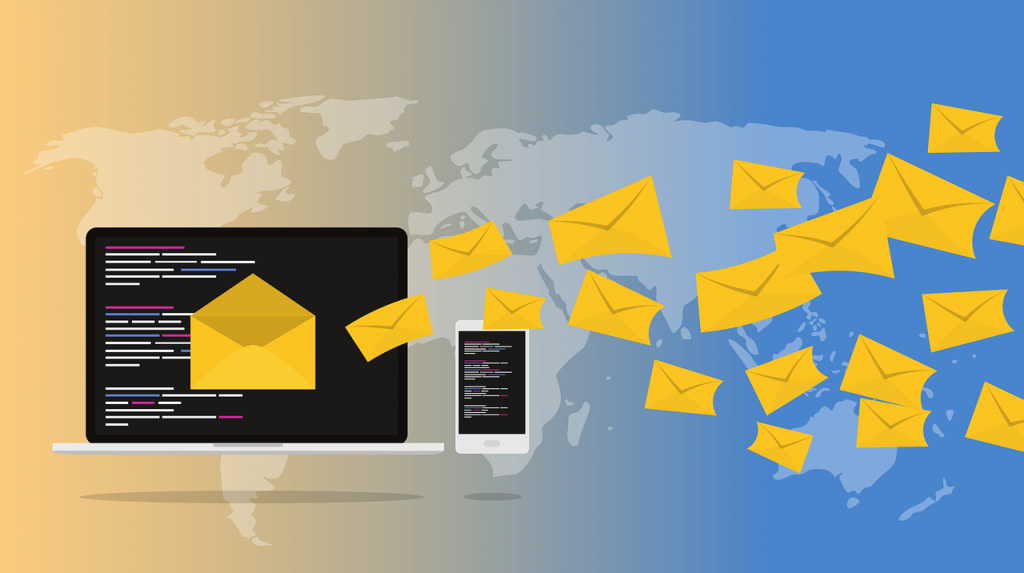As a lecturer in communication sciences for the past 12 years, I’ve witnessed firsthand how both emerging information and communication technologies and Artificial Intelligence have impacted both teaching methods and student learning. I`ve been reflecting on how this new dynamic offers a unique perspective on what academic education should evolve. And that is adapting in order to remain relevant and effective in the face of these technological advancements.
Firstly, the integration of AI and digital technologies into the fabric of everyday life has transformed the way we interact with information and each other. I recall the days in which I used to pick up the phone, call my colleagues, and go through some of the concepts we discussed in class just to make sure I understood correctly. This happened in 2006. I was using Yahoo Messenger back then, but its use was mainly for socializing rather than discussing group projects or any related university tasks. Now, while social media platforms are not typically designed for project management tasks, students mostly use Facebook Groups, WhatsApp groups, or even Discord to facilitate discussions, share updates, and assign tasks for their university projects. Most of them agree that they are faster for communication purposes, easy to use, and sometimes even fun.
Although I`ve experienced many of these changes in real-time, witnessing how social media platforms or other communication channels have changed how I collaborate with my academic peers, how we work on projects or research, and how we essentially develop relationships in academia, I am still amazed at the evolving and rapid changes today. The era of digital distraction has seen students becoming less attentive in class, with many finding it increasingly difficult to focus on teaching content (Selwyn, 2016). The ubiquity of smartphones, social media, and instant access to information has definitely changed the traditional model of lecture-based learning, requiring a reevaluation of our teaching methodologies.
Navigating the AI Landscape
The insights from my chapter on the use of AI technologies like ChatGPT in public relations and communication highlight the necessity for our curriculum to evolve. The advent of AI in our field is not merely a technological update but a fundamental shift in the skills and competencies required of future professionals. This shift demands that we, as educators, rethink our approach to teaching these emerging skills while addressing the challenges of engaging a digitally distracted student body.
To navigate these challenges, I’ve incorporated more interactive and technology-driven methods into my teaching. Obviously, in my case, as I teach courses like Digital Marketing and Multimedia Production and Editing, it works. I discuss the use of AI-powered tools for content creation and analysis that mirror the real-world applications of these technologies. By integrating discussions and real world examples about these tools into the curriculum, students are not only exposed to the practical aspects of AI in communication but also learn to appreciate its potential and limitations.
Moreover, the necessity for a curriculum that emphasizes the ethical considerations of AI and digital technologies has never been more apparent. As nearly half of all practitioners (!) face ethical challenges in their professional activities, it is crucial that our students are prepared to confront these dilemmas with a strong ethical foundation. Integrating discussions and case studies on the ethical use of AI into our courses can develop critical thinking and raise awareness among students about the implications of their future work.
Beyond being a source of knowledge, we also serve as facilitators of learning, guiding students through complex concepts and technologies while fostering an environment that encourages critical engagement and creativity. I am very much aware that this shift has made teaching more challenging as we prepare our students to thrive in a rapidly evolving digital landscape. One thing is for sure – adapting to the changing needs of our students and the demands of the industry means embracing lifelong learning as educators (Selwyn, 2022).
In my latest article (link here), I discuss the synergy between lifelong learning (LLL) and prompt engineering skills, exploring how these two elements are becoming essential tools for communication professionals in the age of AI. We need to start blending traditional learning with AI-driven tools to enhance critical thinking, ethics, and practical application in student curricula. AI already has a strategic role in communication, but it requires new competencies, like prompt engineering. Ethical considerations and continuous professional development are needed to keep pace with this realm of tech advancements so future communication professionals are well-prepared to handle AI’s implications in their field. Proactiveness is key!
To conclude, by integrating new technologies and ethical considerations into our curriculum, we can ensure that our students are prepared to deal with the complex digital world. And I am excited to be a part of shaping this future.
Enjoy!
References
Selwyn, N. (2016). Digital downsides: exploring university students’ negative engagements with digital technology. Teaching in Higher Education. 21. 1-16. https://doi.org/10.1080/13562517.2016.1213229
Selwyn, N. (2022). The future of AI and education: Some cautionary notes. European Journal of Education, 57, 620–631. https://doi.org/10.1111/EJED.12532
The cited contribution
Ciochina, R. (2023). Lifelong Learning (LLL) & Prompt Engineering Skills in the Age of AI. The Future of the Communication Profession. In A. Zbuchea, F. Pinzaru, & C. Vidu (Eds.), Changing the game. AI in Education (pp. 185-202), Tritonic.

